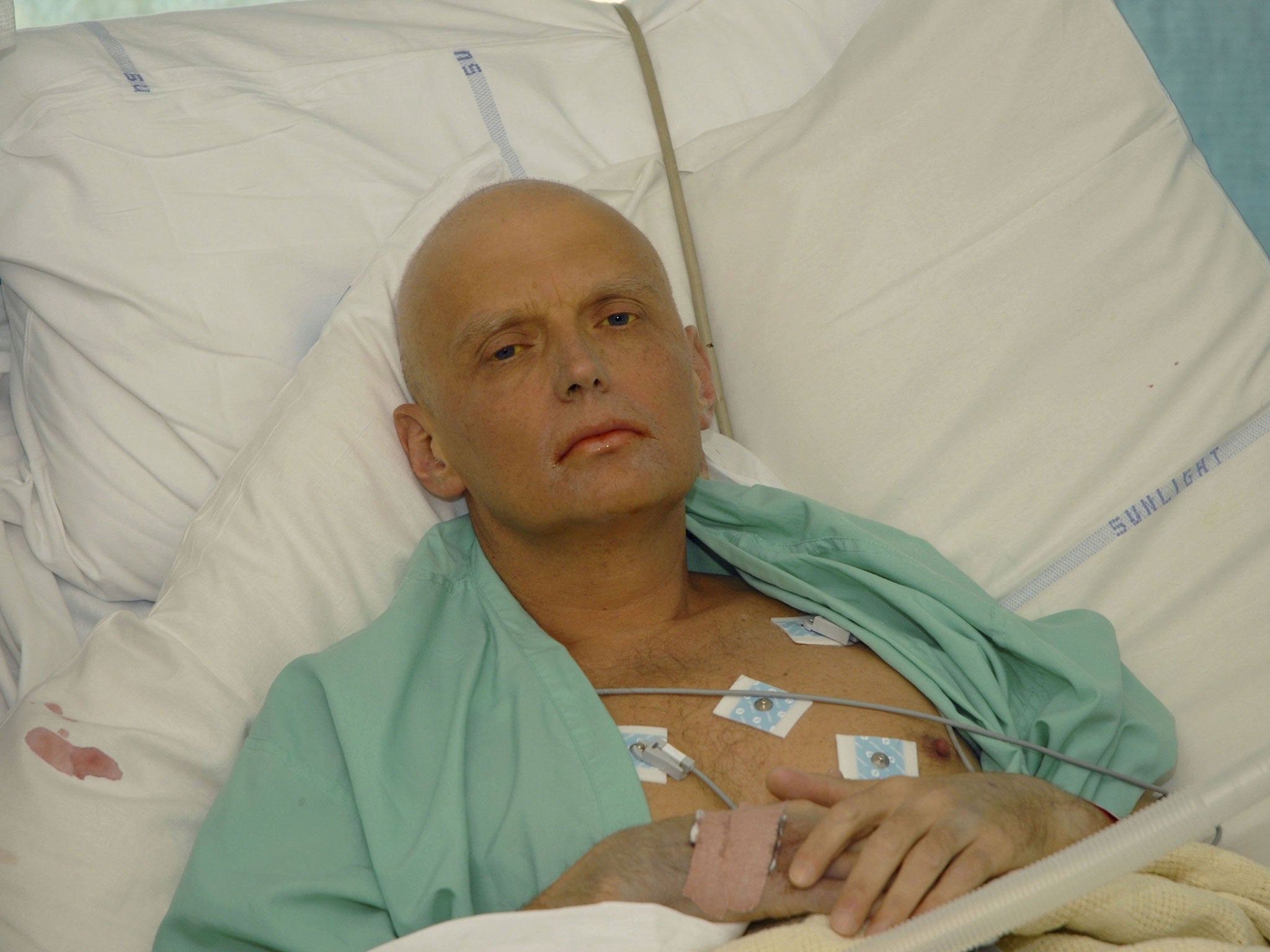Sergei Skripal: Russia accuses UK media of 'phobia' and 'hype' over spy 'poisoning' story
Sergei Skripal in critical condition after being exposed to unknown substance in Salisbury
Ever since the story broke on Monday night, news that a former Russian colonel who spied for the UK is critically ill in hospital has dominated world news. In Russia, however, the story was initially met with stony silence on most state publications. Later on Tuesday, that silence was replaced by angry accusations of “phobia”, “hype” and “hysteria”.
Those Russians who woke up early on Tuesday morning enjoyed a varied news-line up. The leading story was from Syria – Russian humanitarian convoys entering Eastern Ghouta. There was news from North Korea, bad news from Ukraine with the conflict gas supplies, analysis from the Italian elections, and a light touch with suggestions on what to buy ladies on International Women’s Day this weekend. But there was an obvious omission.
Sergei Skripal, who was given refuge in the UK after being jailed in his home country for treason, was found unconscious on a bench alongside a 33-year-old woman in a local shopping centre in Salisbury. The cause of their illness has not yet been confirmed, but it drew inevitable comparison with the 2006 murder of former FSB officer Alexander Litvinenko using radioactive polonium-210.
Izvestia, a paper understood to enjoy strong links with the country’s military and security services, chose not to dwell on the spy story. Its main story was an “exclusive” about American negotiations with radical fighters in Afghanistan.
Life News, an internet portal that styles itself on breaking news, and also seems to enjoy a direct link to security services, led with Russia’s forthcoming presidential election. Their main story of the day – as is on most most days – was a scandalous expose of the Communist Party candidate Pavel Grudinin (the easy-talking Mr Grudinin is, some say, proving more than is comfortable for the Kremlin).

Life News also carried an “exclusive” story about secret American programmes to teach values of “tolerance” to Russian youths.
By lunchtime on Monday, state news television began covering the British story in detail. But this time the angle was a debunking story: the British press were, they said, actively “hyping” up the news.
A similar line was taken by Andrei Lugovoi, the man British authorities accuse of poisoning Litvinenko in London.

“The English suffer from phobias,” he told the Interfax news agency. “If something happens with Russians, they always look for a Russia connection. There has been no official statement yet, but you shouldn’t rule out this being the latest attempt by (British) media to create a scandal [...] about Russian security services.”
Later on Tuesday, foreign minister Sergei Lavrov said “certain” countries were prepared to use any pretext to increase pressure on Russia. “We’ve even seen freezing weather blamed on the Kremlin,” he told journalists during a press conference on an official visit to Namibia.
Since President Vladimir Putin came to power in 2000, Russian media has increasingly come under the direct or indirect control of the state. In the early years, only mass private television channels were targeted. A short while later, mass printed mass media followed. In recent years, even niche opposition media and internet sites have come under the spotlight. The usual tool has been restricting advertising flow or placing pressure on businessmen owners. In several cases, the editorial teams of influential outlets changed under pressure.
As a result, much of the Russian media operates within agreed talking points. When news is deemed particularly controversial, this often results in a breaking news vacuum.
“The story was not expected so people were caught unawares,” says Alexei Kovalev, editor of Noodle Remover, a site investigating fake news in the Russian press. “Russian editors know the best policy is to pretend nothing is happening until the Kremlin have had a chance to develop an agreed treatment.”
Join our commenting forum
Join thought-provoking conversations, follow other Independent readers and see their replies
Comments
Bookmark popover
Removed from bookmarks